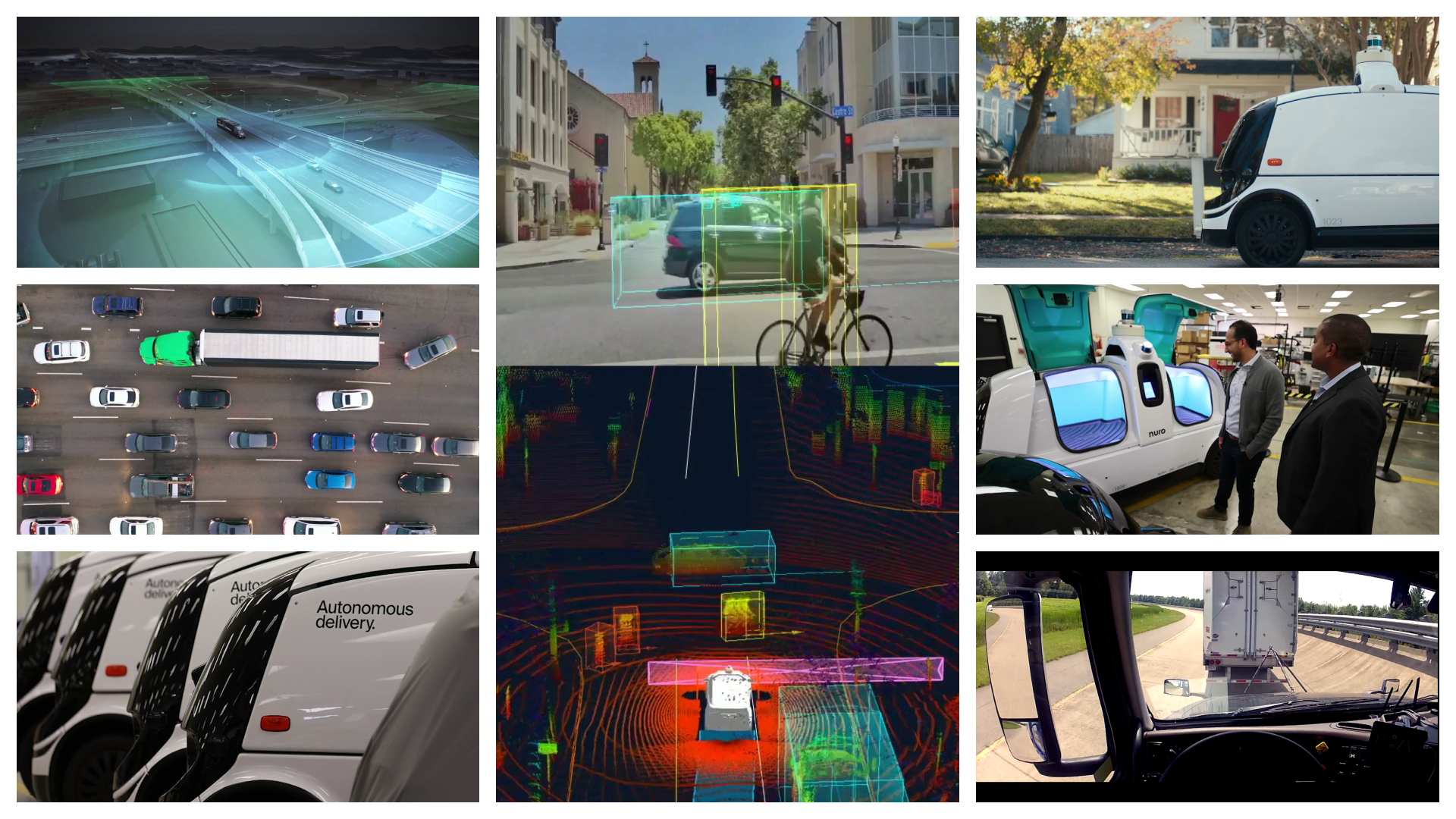Seeking to address one of the biggest concerns about its driverless vehicle technology, autonomous vehicle company Cruise announced Thursday that internal software updates have improved how its fleet of robotaxis react to emergency vehicles on the streets of San Francisco.
“We recognize the unique challenges first responders face when interacting with an autonomous vehicle that has no driver present,” the company said in a blog post announcing the software updates.
According to Cruise, its cars now lower their speed by about 70% once they begin to hear a siren. They’ve also been reprogrammed to more quickly find a safe place to pull over if emergency vehicles are heading in their direction, according to the company, and can better navigate around stopped emergency vehicles so they don’t block traffic. The vehicles are also now better equipped to recognize emergency scenes, according to the blog post.
A Cruise spokesperson couldn't provide details as to when exactly the software updates went into effect, only saying they occurred within the past few months, including some that were initiated earlier this year to "enhance" the vehicles' ability to identify fire hoses and caution tape so that vehicles don't plow into them.
While the company is clearly touting the improvements, it acknowledges the technology still isn't perfect.
"While these changes further improve our interactions, there may be times when unique and unpredictable
situations are unavoidable," the blog post noted.
The San Francisco Fire Department, which has long been critical of the autonomous vehicle industry’s efforts to address issues between robotaxis and first responders, applauded the announcement.
“We think close collaboration with cities – including first responder agencies – is essential to industry success,” a department spokesperson said in an email Thursday. “We are pleased that the industry has been meeting with City leaders to problem solve incidents between AVs and emergency response operations, and we are eager to see Cruise’s software upgrades help prevent future incidents.”
For months, the San Francisco Fire Department and San Francisco Municipal Transportation Agency (SFMTA) have complained driverless appear to get confused by the flashing lights of emergency vehicles, causing them at times to stop in the middle of the road and block first responders.
Get a weekly recap of the latest San Francisco Bay Area housing news. Sign up for NBC Bay Area’s Housing Deconstructed newsletter.
In an interview earlier this year, Fire Chief Jeanine Nicholson expressed her frustration over what she perceived as a lack of action by autonomous vehicle companies to address their concerns.
“I’m not anti-technology, I am pro-safety,” Nicholson said. “There's a lot of smart people on both sides and they can troubleshoot and they can work together to figure things out and make things better, and I have seen no effort on the [autonomous vehicle] side to make that happen. And it's really distressing.”
At the request of the DMV, Cruise is still using just half of its available fleet of cars in San Francisco. The DMV launched a safety investigation into Cruise in August, the result of what the state agency described as a series of “concerning incidents,” including a collision between a driverless cruise vehicle and a fire truck.
The DMV has yet to announce any results from its ongoing probe.
In its Thursday announcement, Cruise said its committed to developing a product that first responders can trust.
“Engaging in open communication with first responders has always been a priority for us, and we’re eager to continue our collaboration with them” the company said in the post. “We are steadfast in our commitment to ensuring that first responders can trust in and understand the behavior of our vehicles during emergency situations.”
Watch our entire investigative series
- Part 1: Driverless cars seek San Francisco expansion despite worries tech is unsafe
- Part 2: CPUC votes to expand driverless car operations in San Francisco
- Part 3: San Francisco city attorney files motion to pump the brakes on driverless cars
- Part 4: Google's Waymo says insurance data shows its driverless cars are safer than humans
- Part 5: Hit-and-run driver strikes pedestrian, tossing her into path of Cruise car in San Francisco
- Part 6: Driverless trucks and robot deliveries promise fewer traffic jams than robotaxis
- Part 7: Cruise says its robotaxis can now better detect emergency vehicles
- Part 8: California DMV orders Cruise's driverless cars off the road
- Part 9: Driverless cars immune from traffic tickets in California under current laws
- Part 10: GM's Cruise lays off nearly 25% of its workforce
- Part 11: Waymo's driverless cars surpass 7 million miles, but are they safer than human drivers?
- Part 12: Cruise probe blames poor internet, bad leadership, and "flawed" decisions for company's woes
- Part 13: Driverless Cruise car accused of almost hitting 7 yr old after similar close call involving kids
- Part 14: Cruise offers to pay $112,500 in fines to settle claims driverless car company misled regulators
- Part 15: Uber Eats now uses Waymo Self-Driving cars to offer driverless deliveries
- Part 16: Bills aimed at closing traffic ticket loophole for driverless cars get initial green light
- Part 17: School crossing guards say they've had to dodge driverless cars to avoid being hit
- Part 18: Cruise ordered to pay $112,500 in penalties for withholding info from regulators
- Part 19: Waymo waitlist over in SF, all can hail driverless cars
- Part 20: SF Mayor vows to hold driverless car companies accountable after NBC Bay Area report
- Part 21: San Francisco govt. officials meet with Waymo to discuss safety concerns near schools
- Part 22: California DMV gears up to allow driverless trucking despite calls to restrict high-tech big rigs
Contact The Investigative Unit
submit tips | 1-888-996-TIPS | e-mail Bigad
Contact The Investigative Unit
submit tips | 1-888-996-TIPS | e-mail Bigad




